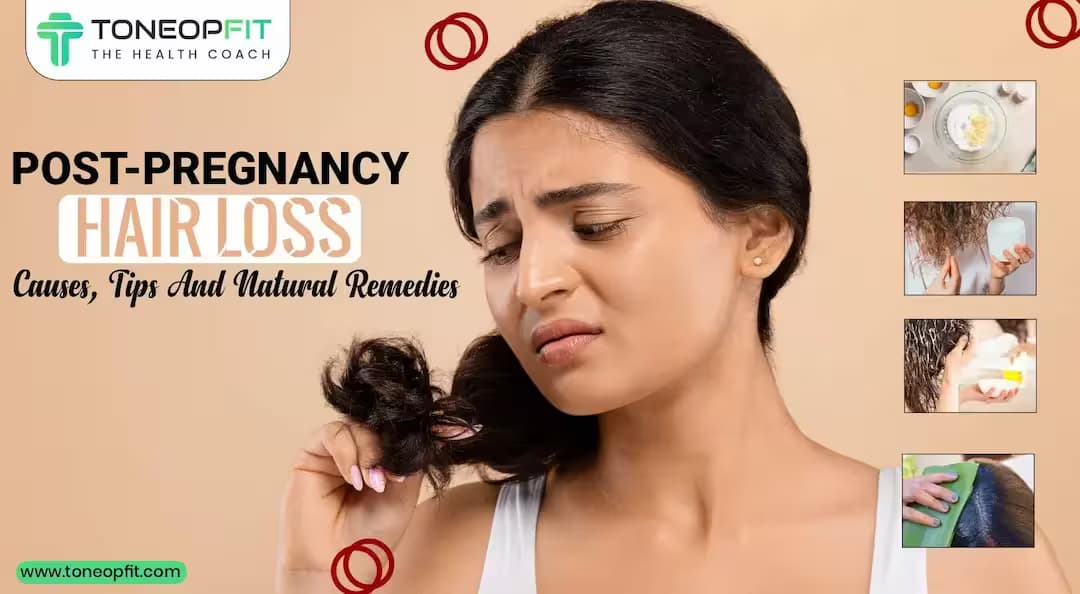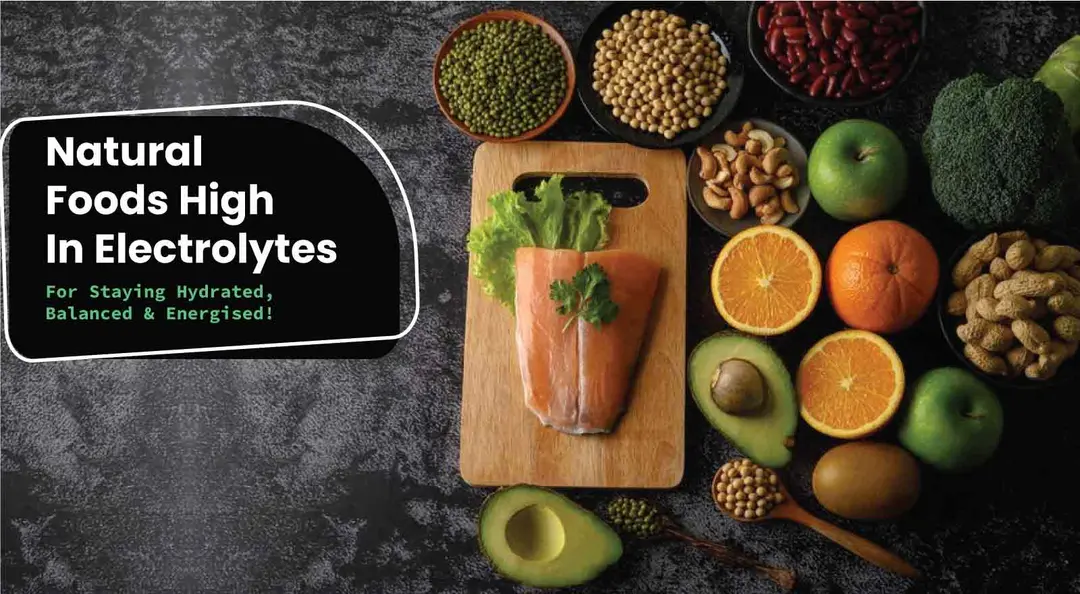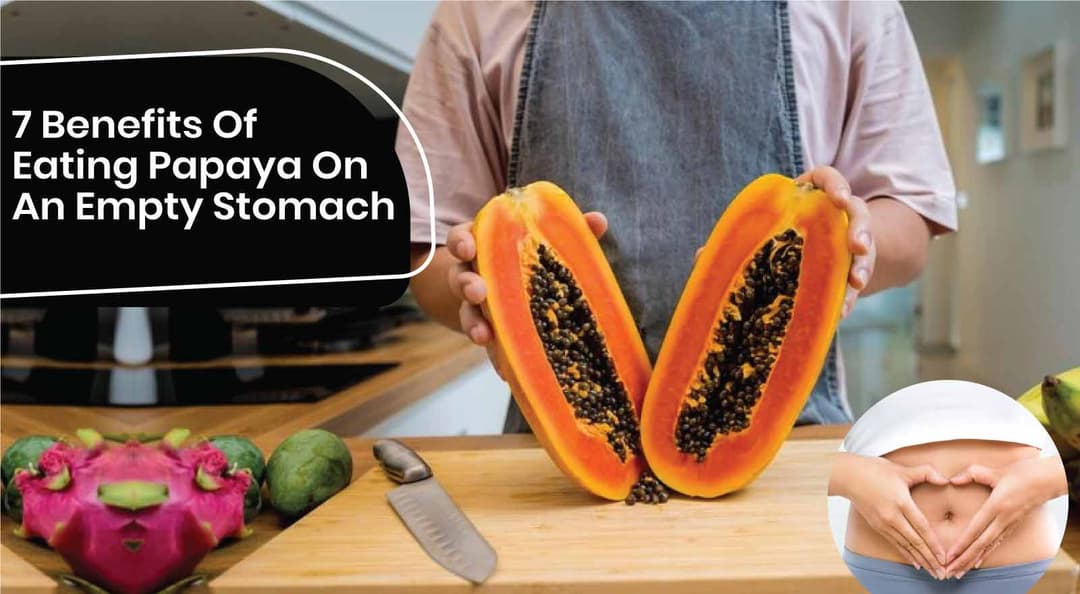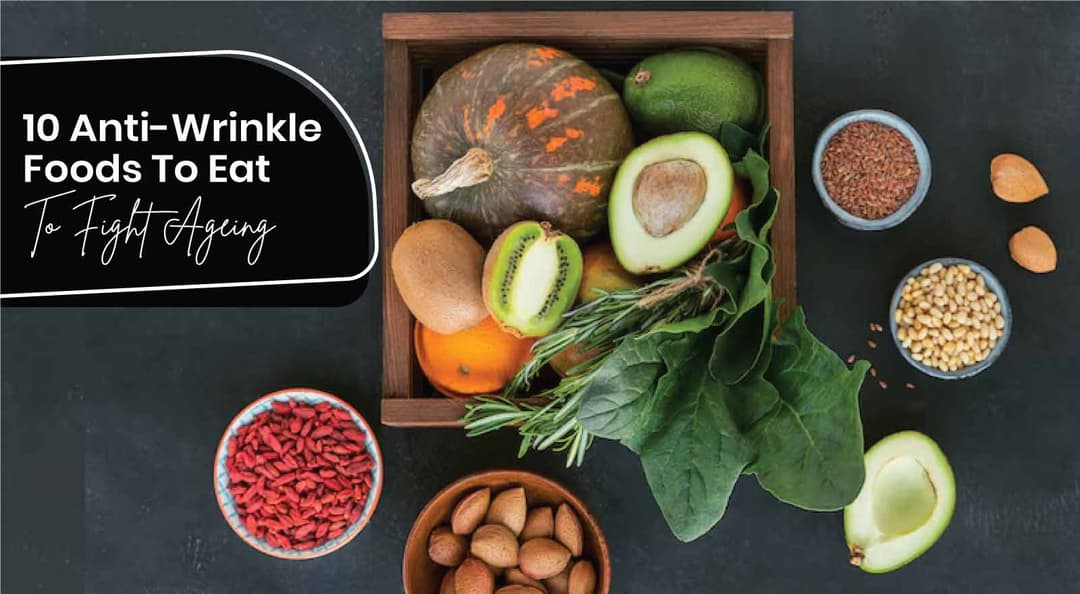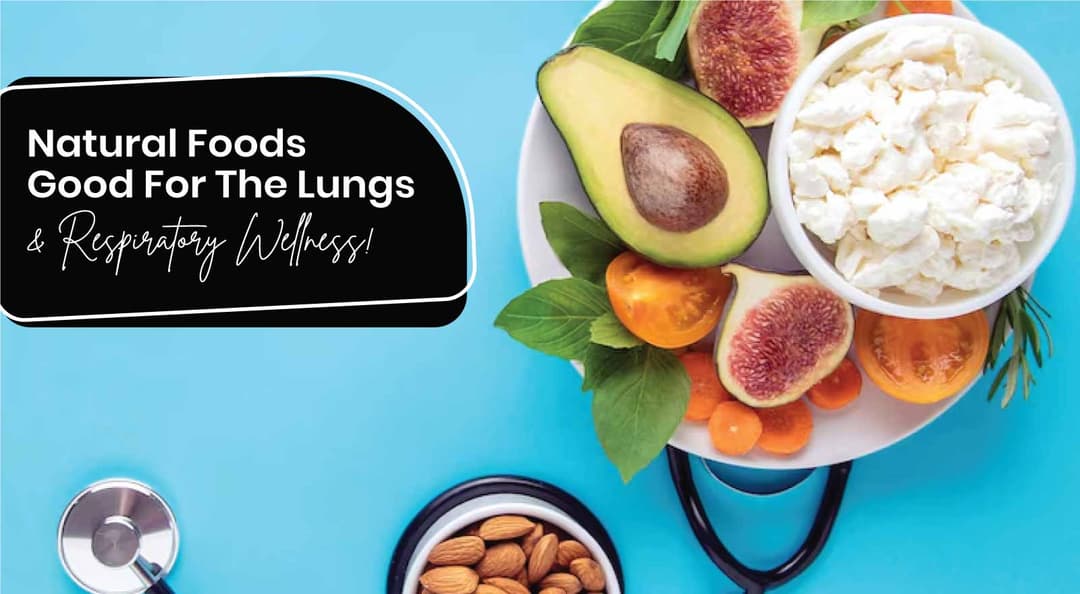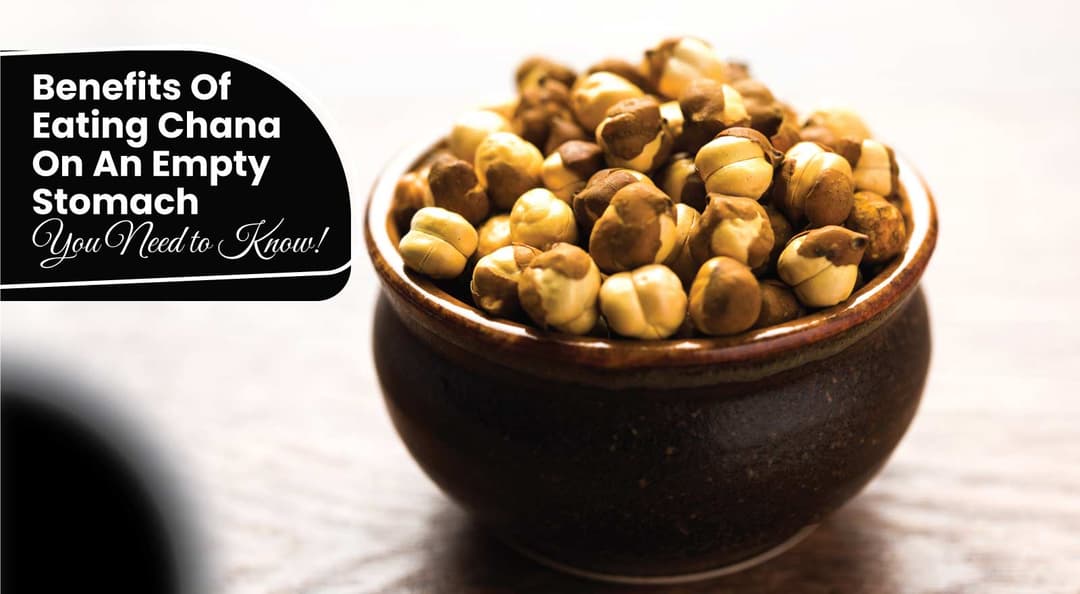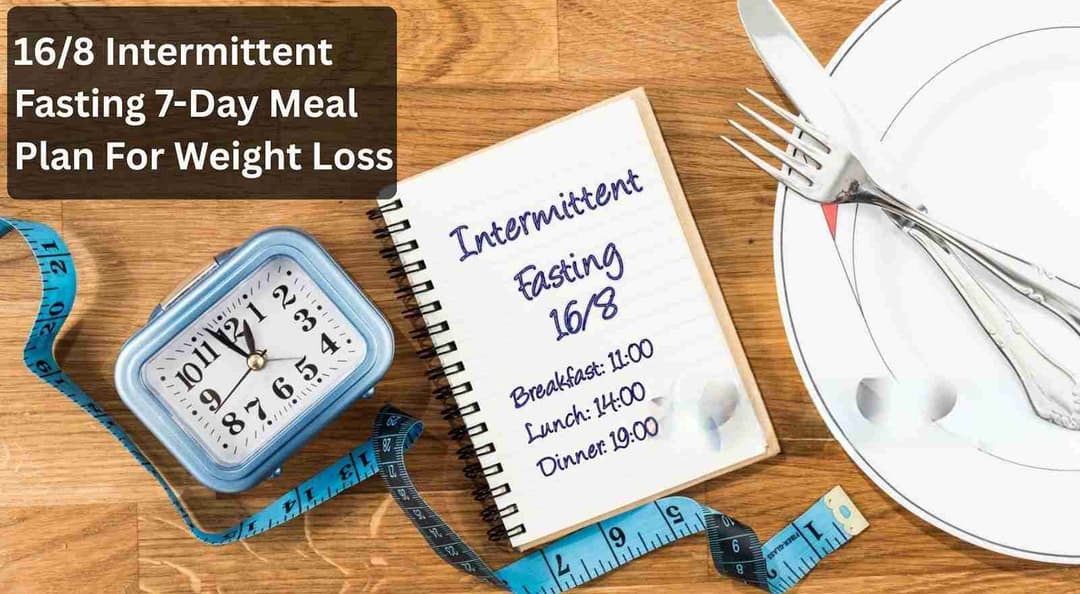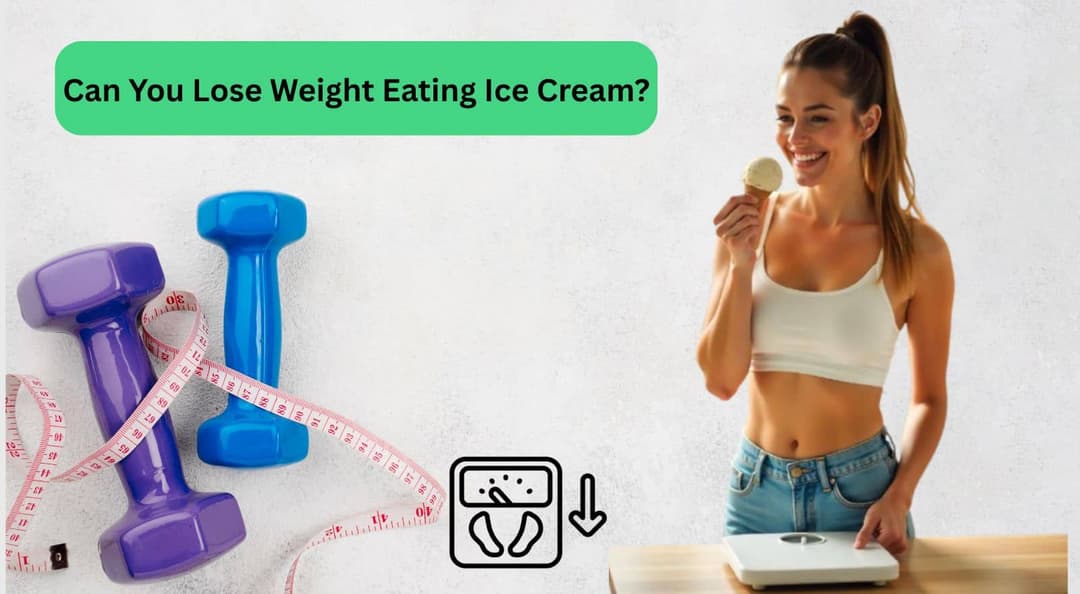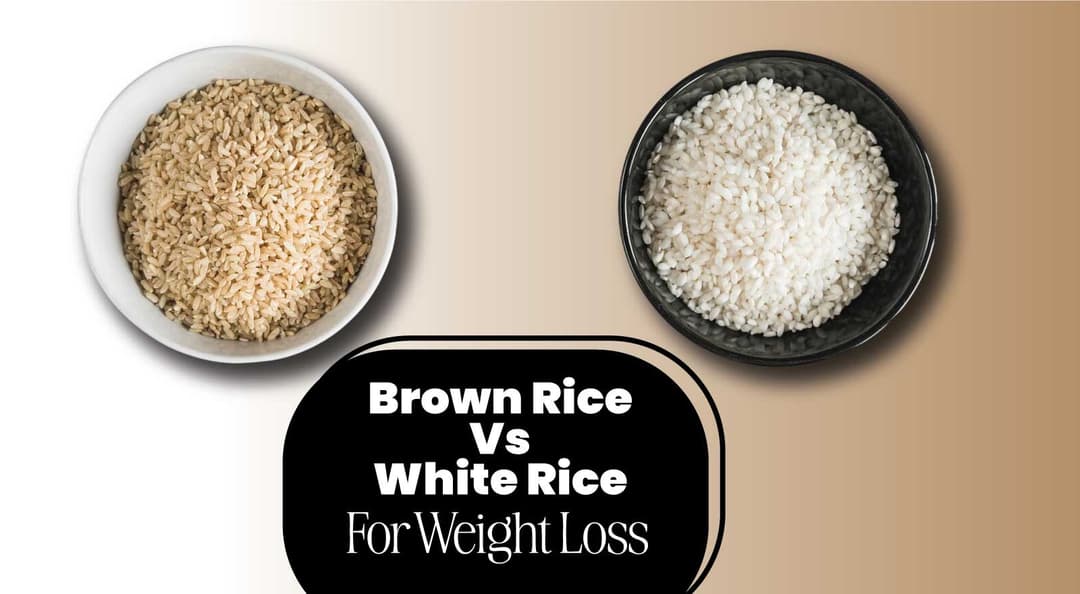Having a baby is a beautiful journey, but post-pregnancy hair loss can be a frustrating surprise for many new moms. Typically, most people lose between 50 and 100 hair a day, but according to the NHS, women often experience increased hair loss during and after pregnancy.
In fact, nearly 50% of women globally experience postpartum hair loss, usually peaking around the third or fourth month after giving birth. This means every four in ten new mothers experience hair loss in the first three months after giving birth.
However, do not worry because post-pregnancy hair loss is not permanent. This hair loss happens because of changes in hormones and your hair’s growth cycle during pregnancy.
Does every woman lose hair after pregnancy? Not necessarily, but it’s very common. It can even feel overwhelming for some and add to feelings of stress or postpartum depression. There are also medical reasons, like low iron or thyroid imbalances, that can make things worse.
But don’t worry—there are solutions! Post-pregnancy hair loss treatments involving natural remedies and vitamins can help restore your locks. So, if you're dealing with hair loss after pregnancy, know that you're not alone, and with the right care, you’ll be back to feeling like yourself again soon. Keep reading to know more!
Table Of Contents
- What is Postpartum Hair Loss?
- What Are The Causes Of Post-Pregnancy Hair Loss?
- How Do You Stop Postpartum Hair Loss?
- How To Regrow Hair After Pregnancy? 10 Effective Home Remedies For Hair Fall After Pregnancy
- Expert’s Advice
- The Final Say
- FAQs
- References
What is Postpartum Hair Loss?
Postpartum hair loss is excessive hair shedding that occurs in the months following childbirth. This condition is primarily caused by hormonal changes that take place during and after pregnancy. Throughout pregnancy, elevated levels of estrogen slow down the normal rate of hair loss. Typically, small amounts of hair are shed daily, but during pregnancy, this shedding decreases due to the higher hormone levels and increased blood circulation, resulting in fewer hairs falling out than usual.
After giving birth, however, hormone levels drop significantly, leading to a sudden increase in hair loss as the body compensates for the previous retention. Although it may seem like a lot of hair is lost at once, the total amount is likely similar to what would have been shed over the nine months of pregnancy; it just happens more rapidly. Postpartum hair loss can begin any time after delivery and may last up to a year, usually peaking around the fourth month. If your baby is a few months old and you're still experiencing clumps of hair loss, there's no need to panic—this is a common experience for many new mothers.
What Are The Causes Of Post-Pregnancy Hair Loss?
Hormonal changes during pregnancy are the main cause of postpartum hair loss.
During pregnancy, estrogen secretion increases, prolonging the life of hair and reducing the rate of hair loss. However, the changes in this hormone during and after pregnancy are the cause of postpartum hair loss. During the final trimester of pregnancy, estrogen levels rise. This prevents general hair loss. During this period, you will notice that your hair becomes thicker and more voluminous. After giving birth, your estrogen levels drop. This causes a lot of your hair to enter the resting phase of hair growth.
After a few months, this hair begins to fall out. This is why most women have thicker hair in the second trimester of pregnancy. After giving birth, the estrogen levels in your body gradually begin to decline, and not only will you lose hair as usual, but you will also lose less hair that you didn’t lose during pregnancy. Therefore, many women experience severe hair loss and even hair loss after 3-4 months after giving birth. During breastfeeding, the body secretes a hormone called prolactin, which enriches breast milk and stimulates breast milk secretion. Prolactin is an estrogen inhibitor that causes hair loss.
During pregnancy, nutrients are intensively supplied to the fetus, and even after giving birth, the mother continues to focus on milk to provide nutrients to the baby. This makes the mother's body vulnerable to malnutrition diseases, and nutritional deficiencies, and if the supply is insufficient, blood circulation in the hair follicles is interrupted, causing the hair to become malnourished, fragile, and fall out. Postpartum psychophysiological changes, as well as stress due to childcare, family, work pressure, and long-term stress, can cause hair damage and hair loss over a long period of time.
How Long Does Postpartum Hair Fall Last?
If you are breastfeeding, you may still have some extra hair on your head until you wean your baby or start feeding them formula or solid foods. However, take comfort in the fact that, regardless of whether you breastfeed or not, once your baby is one year old, the hair loss will stop, and your hair will return to its pre-pregnancy state. NHS cites that this hair loss usually lasts for about three months after giving birth. If it lasts longer, there may be other reasons.
Also Read: White Hair At An Early Age: Causes And Treatment Options
How Do You Stop Postpartum Hair Loss?
Unfortunately, hair loss after pregnancy is not completely preventable and is a natural part of the postpartum recovery process. However, there are some steps you can take to support hair growth:
1. Maintain A Nutritious Diet
A balanced diet suffused with vitamins and minerals can help support overall hair health and promote hair growth. For instance, eating adequate protein in your diet can aid in promoting hair growth because it is the main component of hair follicles. Lean meats, lentils, and beans are excellent sources of protein that you should incorporate into your diet. You can also take supplements such as Alfalfa Powder to increase your protein intake.
2. Avoid Tight Hairstyles
Hairstyles that pull at your scalp (like a slicked-back bun) can put unnecessary stress on your already fragile hair follicles. This is known as traction alopecia and can contribute to postpartum hair loss. Instead, opt for looser styles or wear your hair down.
3. Consider Using Volumising Shampoo And Conditioner
Using a volumising shampoo and a lightweight conditioner can help add volume to your hair. It may take some experimentation to find the product that works best for your hair type.
4. Follow A Consistent Haircare Routine
Be careful when washing or combing your hair. Use a lower heat setting on your hair dryer and straightener to prevent damage. Avoid tight ponytails and braids, which can strain your hair and cause more hair loss.
5. Avoid Any Chemical Treatments
Hold off on highlights, perms, or straightening sessions until your hair loss has stopped. Chemical treatments can weaken hair strands, making them more susceptible to breakage and thinning. The harsh ingredients often used in these processes can irritate the scalp, leading to inflammation and further hair loss. Avoiding these treatments allows your hair and scalp to recover, promoting healthier growth and reducing the risk of long-term damage.
6. Don’t Hesitate To Consult A Dermatologist
Don’t hesitate to consult a dermatologist. If accompanied by other symptoms, hair loss after pregnancy may be a sign of postpartum thyroiditis. This condition involves inflammation of the thyroid gland, which can disrupt hormone levels and lead to both hyperthyroidism and hypothyroidism.
7. Stress Management Is The Best Management
It may not be as easy as it sounds, but it can go a long way in regulating your hormones and speeding up hair growth. You can do stress-relief workouts or engage in yoga for stress management. Try meditation and deep breathing exercises to feel relaxed and reduce stress.
Try ToneOp Fit’s Live Yoga Sessions to integrate this holistic approach into your routine. Guided by an experienced yoga coach, you will discover the power of gentle movement that is beneficial during pregnancy, helping to reduce hair fall and promote healthy growth. These sessions can be done at your convenience, allowing you to effectively manage pregnancy-related stress and enhance your overall well-being.
8. Use Natural Hair Products
Restrict the use of chemical hair products. Avoid using harsh gels or strong dyes, as they weaken the hair. Using natural oils can help improve hair shine and prevent hair loss. Adding peppermint oil to your shampoo is a good choice as it helps to improve the shine of your hair.
You can also take ToneOp Care’s Black Seed Oil or Kalonji Oil capsules, which promote hair growth and reduce hair fall by improving scalp health and protecting hair against stressors. It can be eaten or applied topically.
Also Read: 4 Effective And Safest Pelvic Floor Exercises For Pregnancy
How To Regrow Hair After Pregnancy? 10 Effective Home Remedies For Hair Fall After Pregnancy

There are effective home remedies that you can try that help keep your hair healthy and promote hair growth even after giving birth.
1. Apply Curd Mask
It is an excellent tonic that your hair needs to regain the lost shine and prevent excessive hair loss. It is also known as the best hair conditioner. In addition to including it in your diet, apply it to your scalp and leave it on for 10-15 minutes. Wash it with normal water to get soft and shiny hair.
2. Use Indian Gooseberry or Amla
It is recommended by Ayurveda and has been used for centuries to nourish hair. It is used to strengthen hair roots, maintain color and improve shine. Boil amla with coconut or almond oil until it turns black and use the oil for hair massage or you can include it in your diet to reap its benefits.
3. Whip Egg Whites
Make a hair pack by mixing one egg white, 2 spoons of olive oil, 1 spoon of honey and apply it on your hair. Leave it on your hair for about 30 minutes and rinse with lukewarm water. Rich in protein, egg whites encourage the growth of hair, while honey adds shine, and olive oil gives hair strength.
4. Soak Fenugreek Seeds
For your hair, these little seeds can work wonders. It stops hair loss and encourages healthy hair growth. Overnight, soak the fenugreek seeds in water. After draining the water, grind the seeds into a paste. Wait 30 minutes after applying the paste to your scalp. Rinse your hair with the drained water. For optimal results, do this twice a week.
5. Add Dry Fruits and Flax Seeds To Your Diet
Include these things in your regular diet to promote healthy hair growth. They are a rich source of omega-3 fatty acids, which contribute to improving overall health. For the best quality, try ToneOp Care’s Flax Seeds and Flax Seed Oil capsules.
6. Infuse Bhringraj Oil
Bhringraj oil is rich in nutrients like iron, vitamin E, and magnesium, which nourish hair follicles and promote healthier hair growth, effectively reducing hair fall. It strengthens hair roots against breakage by increasing nutrient supply to the scalp through improved blood circulation. Apply by gently massaging the oil into your scalp with circular strokes for around fifteen minutes once it has warmed up a little. For best effects, let it on for at least half an hour before rinsing it off with a gentle shampoo.
7. Use Aloe Vera Gel
After applying aloe vera gel to your scalp, let it sit for approximately 30 minutes. Three times a week, do this. It promotes hair development, moisturises the scalp, and gets rid of dandruff by increasing blood circulation in the scalp.
8. Incorporate Regular Massage
Regularly massaging your scalp with amla oil, argan oil, coconut oil, or Bhringraj oil can significantly boost hair health by stimulating blood flow and alleviating stress. To perform a massage, take a small amount of warmed oil and use your fingertips to apply it evenly across your scalp. Focus on circular motions for 8 to 10 minutes, ensuring you cover the entire area. For enhanced absorption, consider wrapping your hair in a warm towel after application and leave it on for 30 to 60 minutes before rinsing.
9. Apply Coconut Oil
Massage your scalp with coconut milk to reduce hair fall. You can also burn coconut shells to ashes and add these ashes to the oil every time before massaging your hair. Regular massage in this way will control hair loss and increase hair volume.
10. Blend Curry Leaves Paste
It’s no surprise that curry leaves have found their way as one of the natural remedies. They are antioxidant-rich and contain vitamins A, B, C, and E. They are very good for hair growth and control premature greying. Crush a few curry leaves, then apply this blend to your hair and then after 30 minutes, rinse it out. This is among the best natural Indian treatments for postpartum hair loss.
Also Read: Nurturing Maternal Health: Best Exercises During Pregnancy Third Trimester!
Expert’s Advice
Eat well. Don't ignore your health. In addition to low estrogen levels, lack of sufficient nutrients in the body leads to hair loss after childbirth. Low levels of iron, zinc, vitamin D or other essential nutrients in the body lead to hair loss. Add natural sources of iron, calcium, zinc, protein, and vitamin D to your diet to stop hair loss. These can be found in green leafy vegetables, soy, milk, eggs, legumes, cottage cheese, whole grain products, and cereals. Ask your doctor to prescribe the necessary supplements to treat the deficiency.
Health Expert
Lavina Chauhan
The Final Say
In conclusion, if you are dealing with post-pregnancy hair loss or postpartum hair loss, know that you are not alone. Many new moms experience this, but there are ways to help restore your beautiful hair. Remember to try some of the tips and natural remedies we discussed. You can also look into post-pregnancy hair loss treatment options if needed. With a little patience and care, your hair can become healthy and strong again. Keep smiling, and enjoy your journey as a mom!
FAQs
1. Does every woman lose hair after pregnancy?
Not every woman experiences hair loss after pregnancy, but approximately 40% do face noticeable shedding within the first three months postpartum due to hormonal changes.
2. What does post-pregnancy hair loss treatment involve?
It’s actually very simple. The treatment usually involves having a nutritious diet, avoiding harsh chemicals and tight hairstyles, and using natural and gentle hair care products. For healthy hair, you should take vitamins C, A, B and D.
3. Suggest some of the best hair loss after pregnancy treatments and vitamins.
Effective treatments include using volumising shampoos, avoiding heat styling, and continuing prenatal vitamins that contain iron and omega-3 fatty acids to promote hair growth.
4. When does postpartum hair loss begin?
Postpartum hair loss usually begins around three months after childbirth and can peak around the four-month mark before gradually resolving over the following months.
References
- https://www.vinmec.com/eng/article/causes-of-postpartum-hair-loss-en
- https://www.aad.org/public/diseases/hair-loss/insider/new-moms
- https://cityskinclinic.com/hair-loss-pregnancy/
- https://www.whattoexpect.com/first-year/postpartum-health-and-care/postpartum-hair-loss/
- https://my.clevelandclinic.org/health/diseases/23297-postpartum-hair-loss
- https://traya.health/blogs/hair-care/natural-home-remedies-to-avoid-hair-fall-after-pregnancy?srsltid=AfmBOoo537Br8JFPybNwR6dxbkkWRKyeaX_8r1el-07tWHm0weaxiS9o
- https://www.acko.com/health-insurance/s/health-tips/moms-health/hair-fall-after-delivery-remedies-to-prevent-postpartum-hairfall/
About ToneOp Fit
ToneOp Fit is a platform dedicated to improving and maintaining good health through a comprehensive range of goal-oriented health plans with up to 3 Coach support. With a range of Weight Management, Medical Condition, Detox Plans, and Face Yoga Plans, the app also provides premium health trackers, recipes and health content. Get customised diet, fitness, naturopathy & yoga plans and transform yourself with ToneOp.












